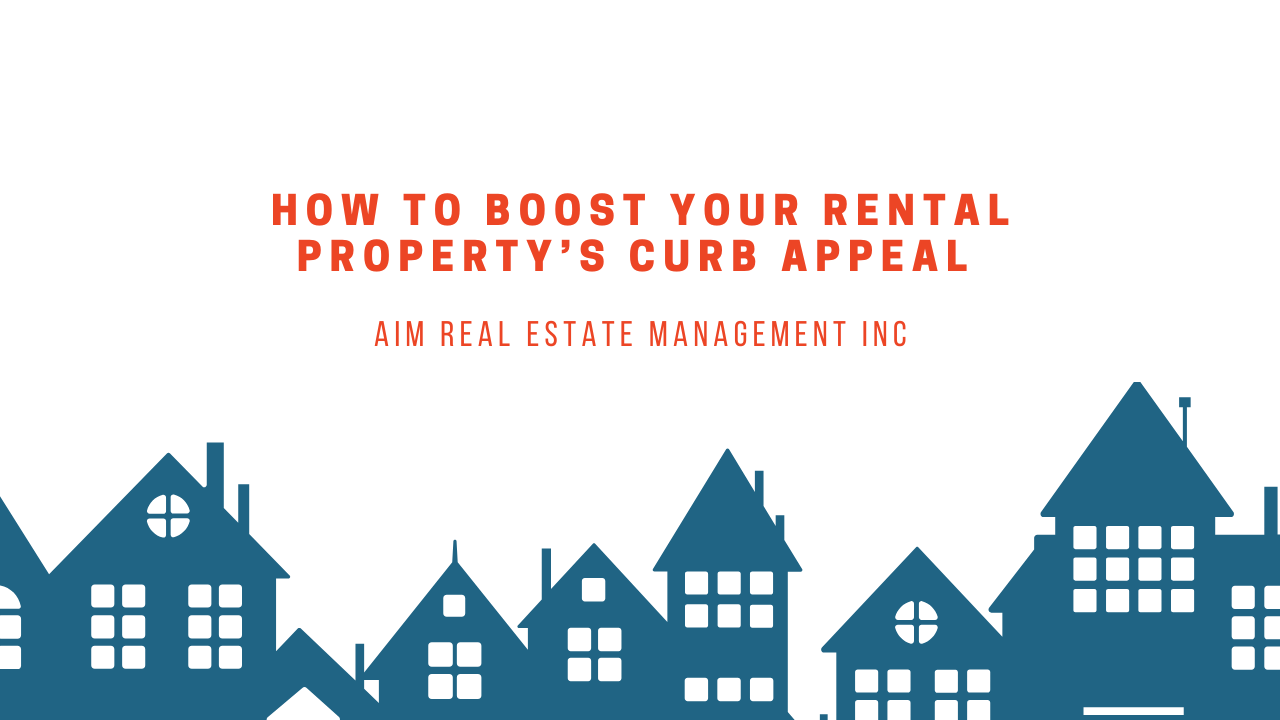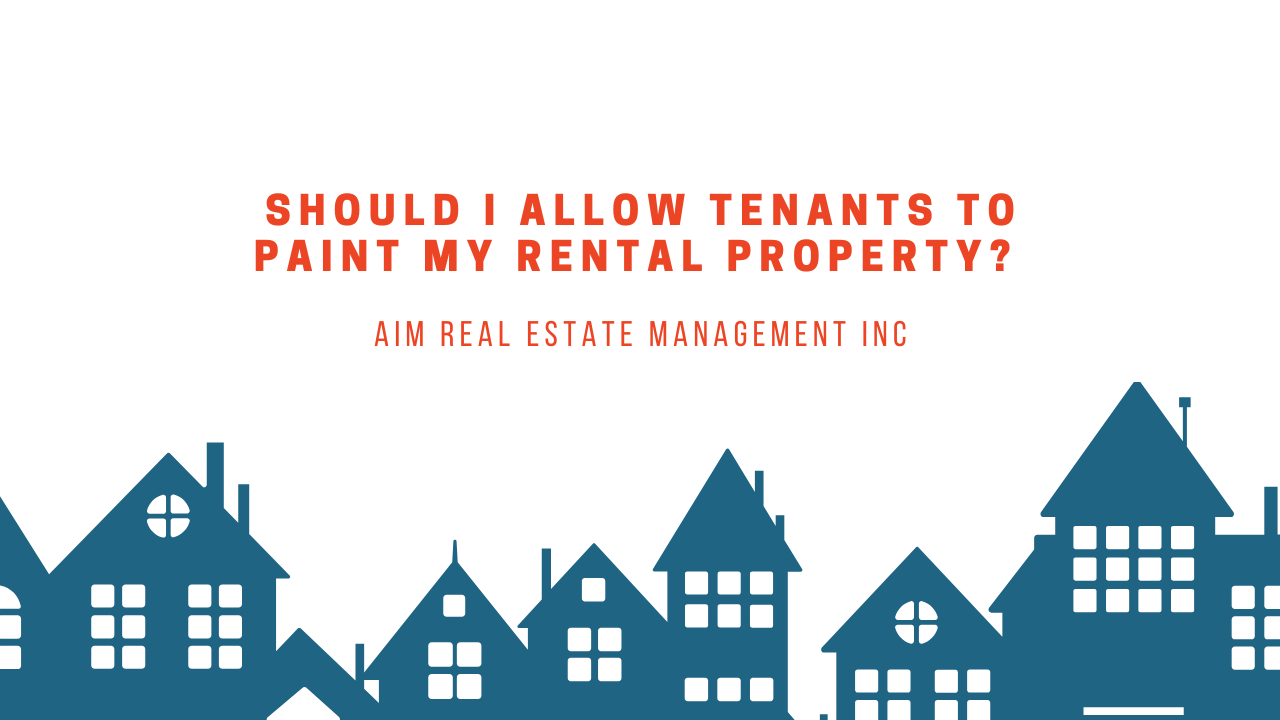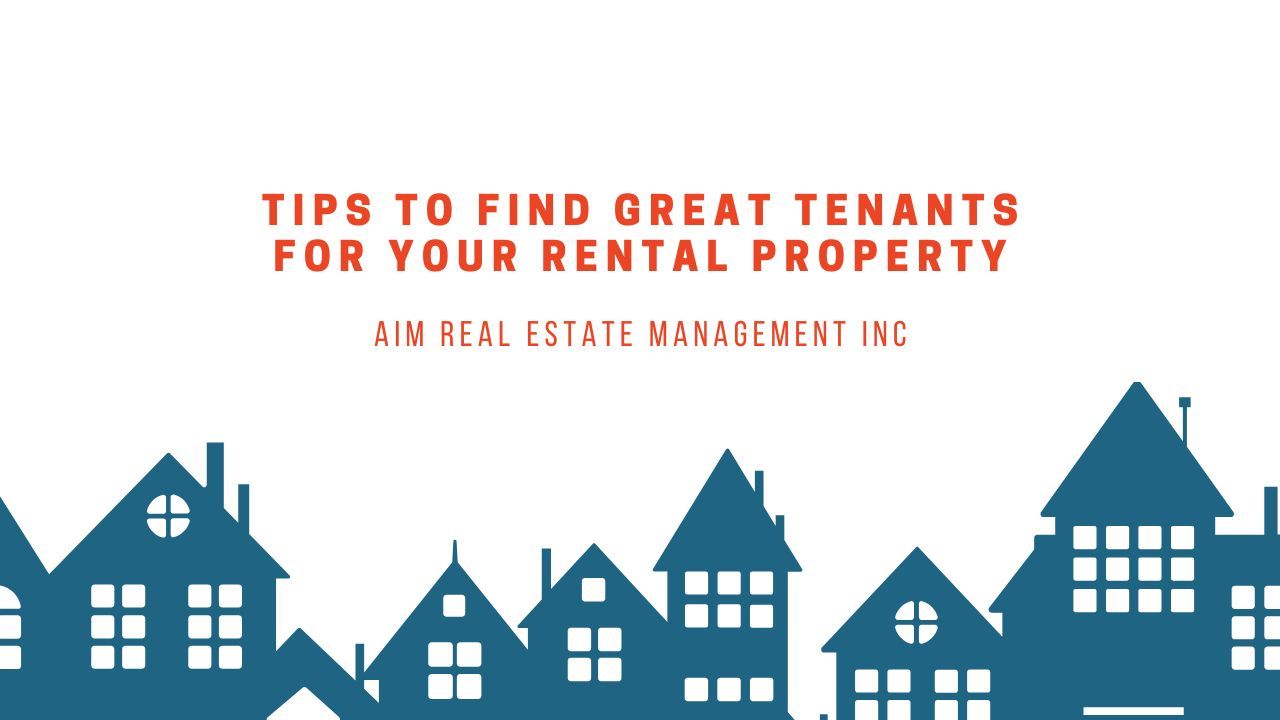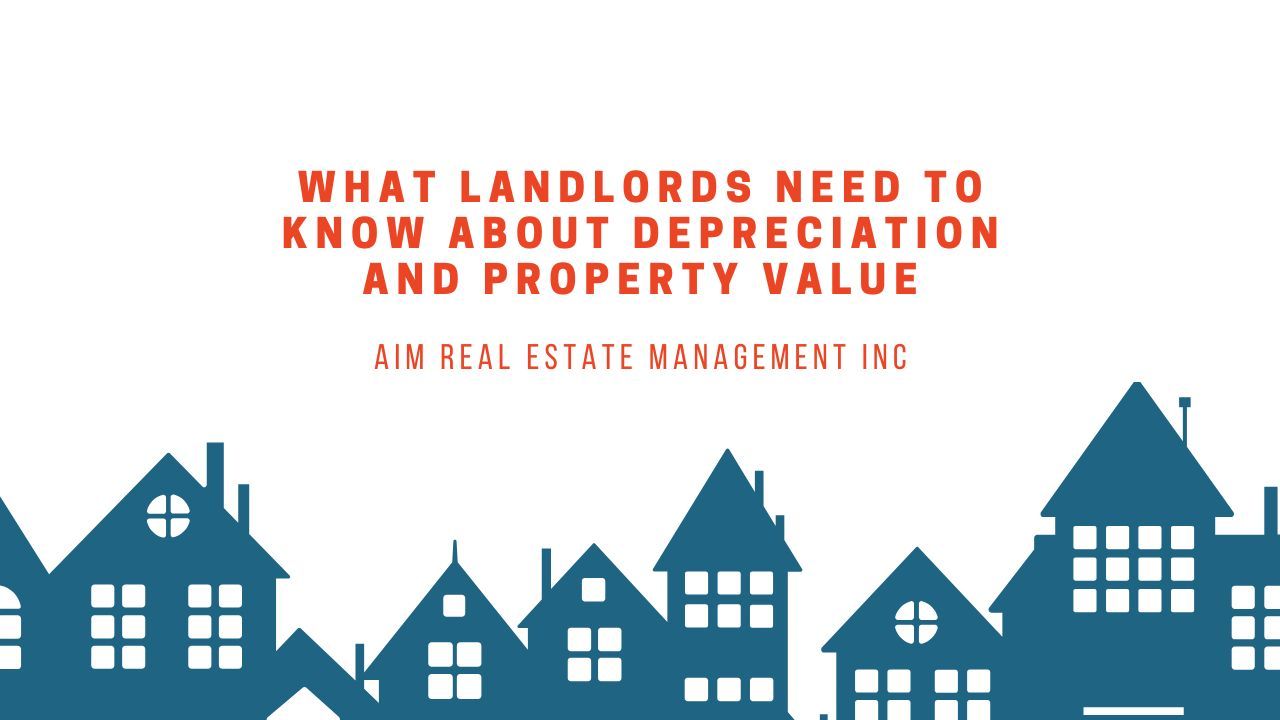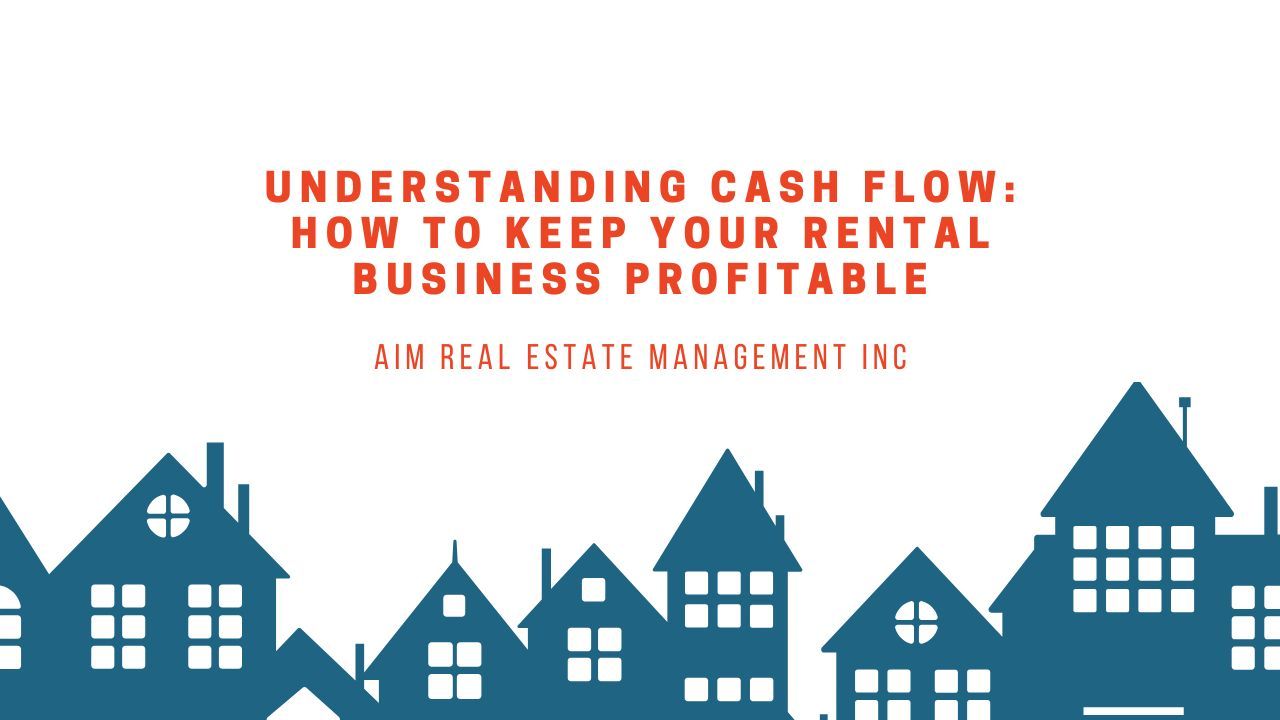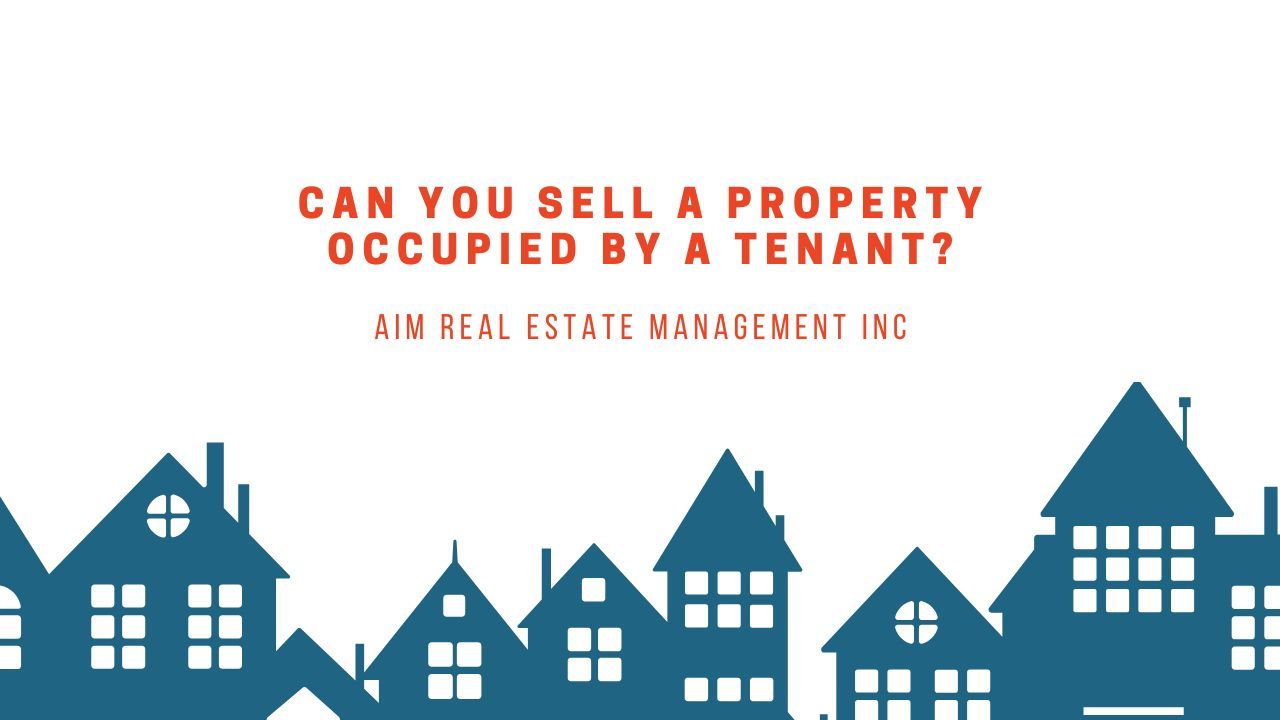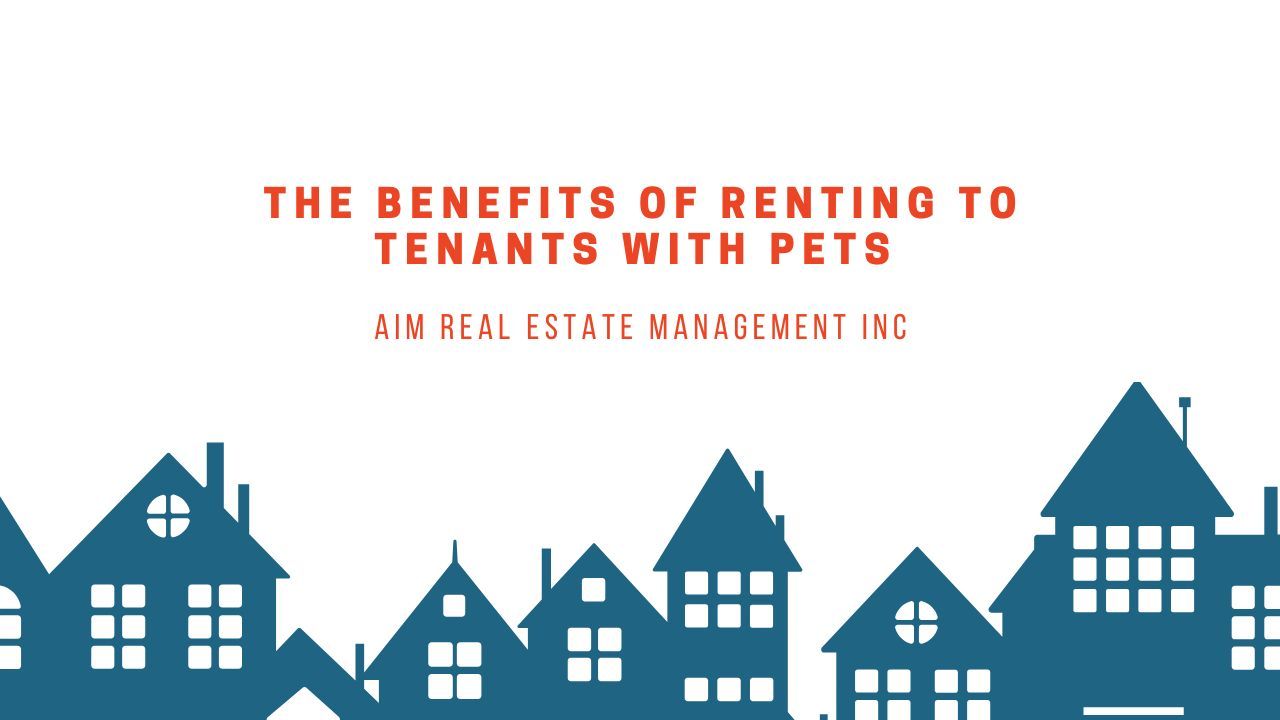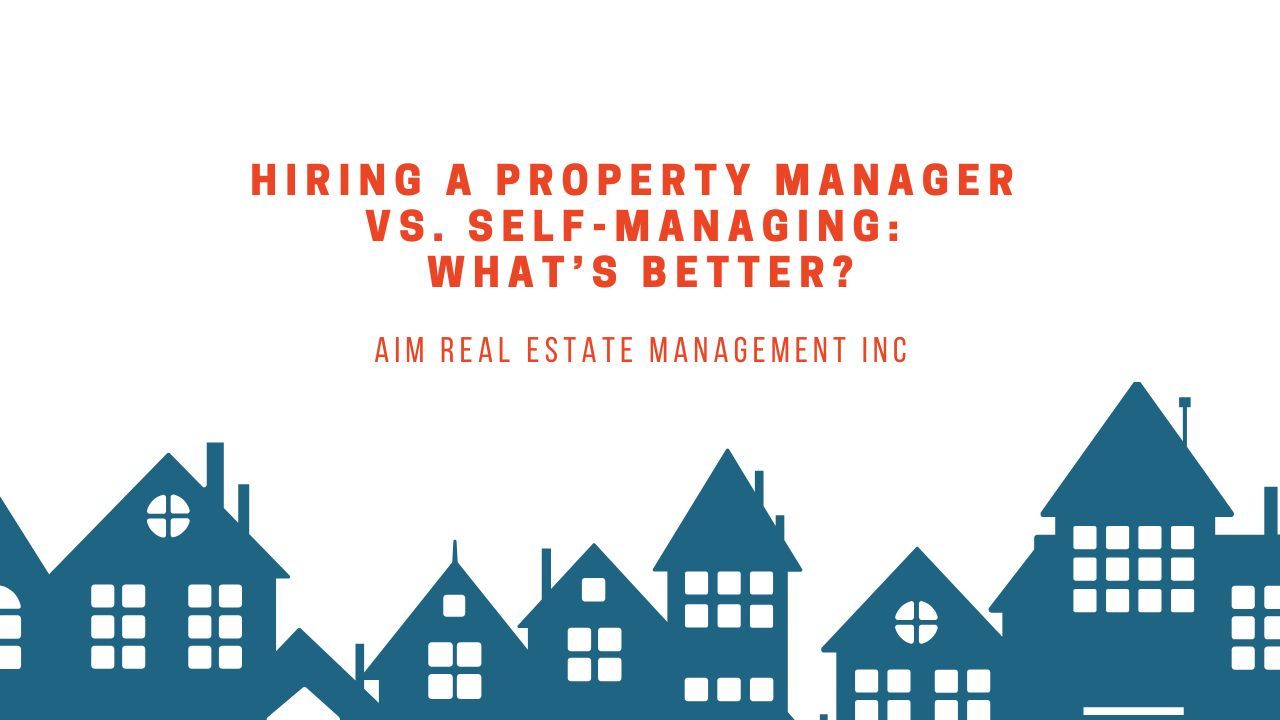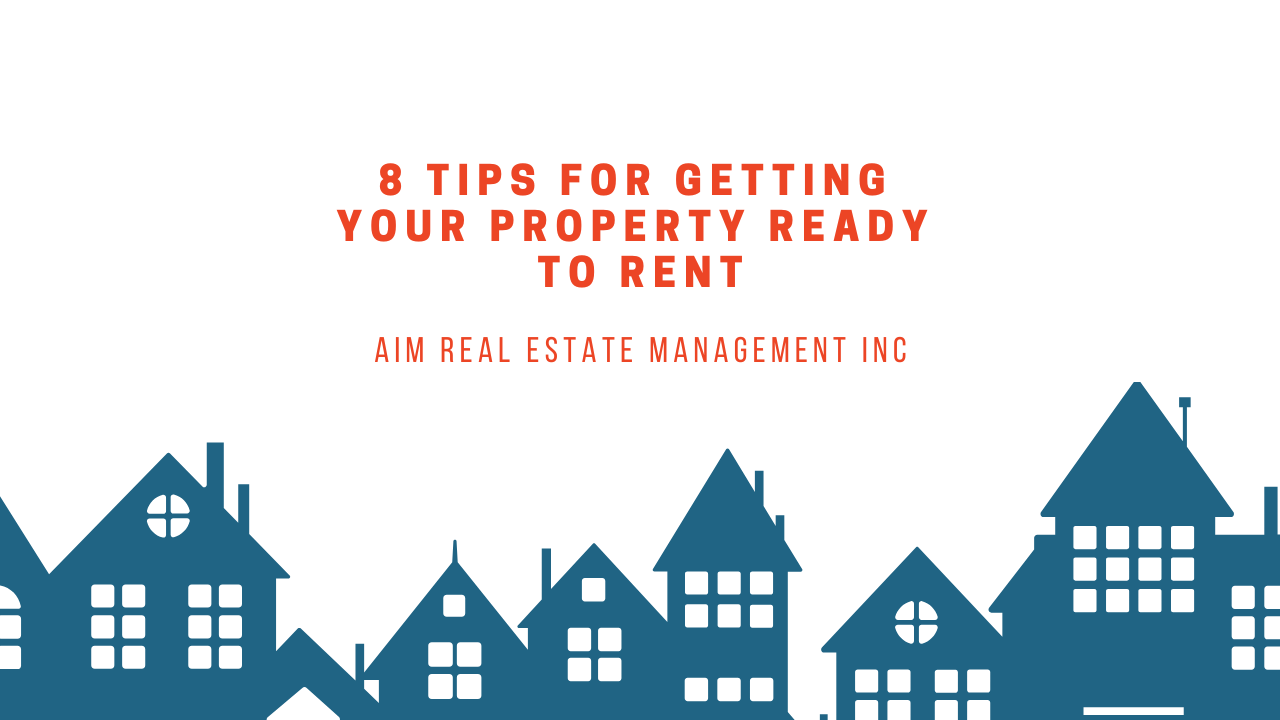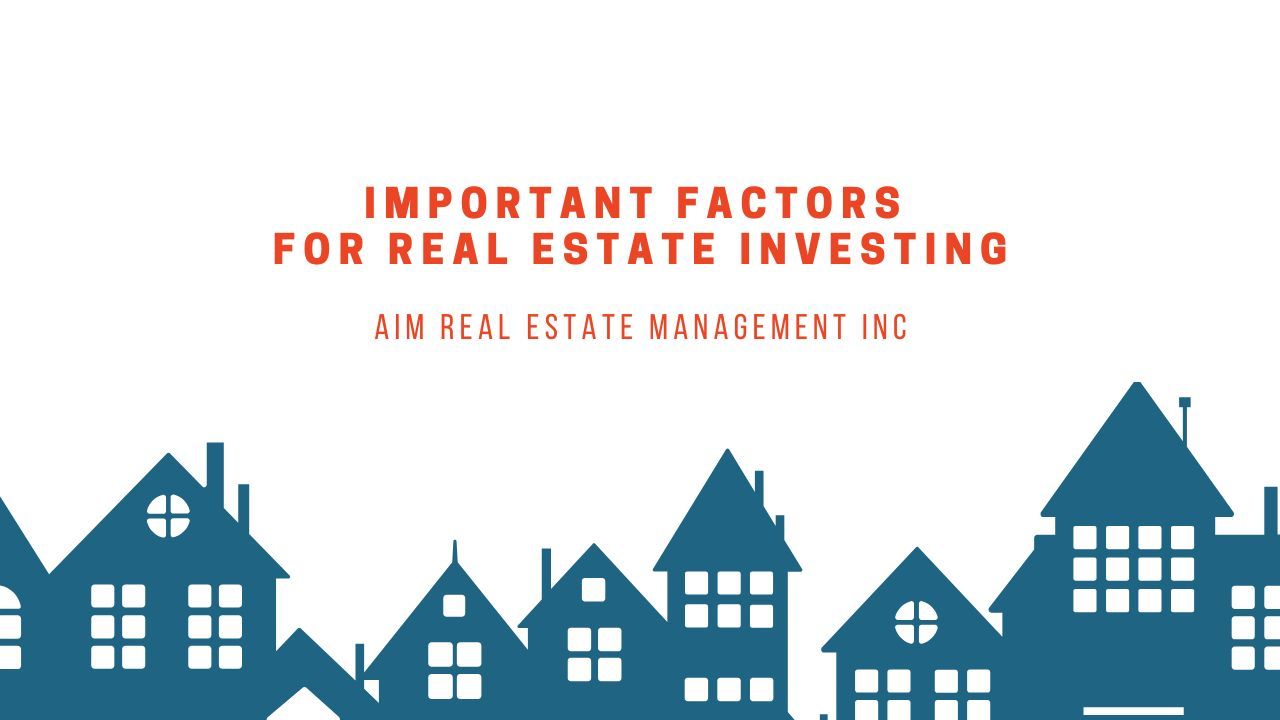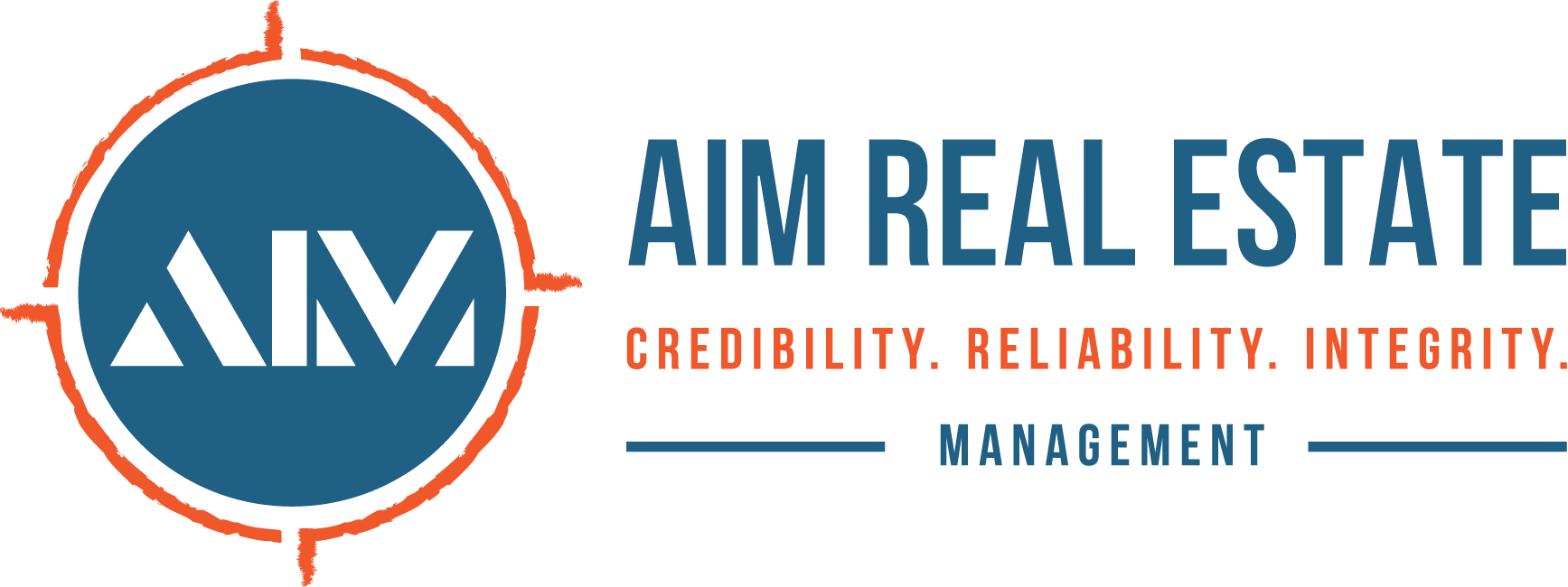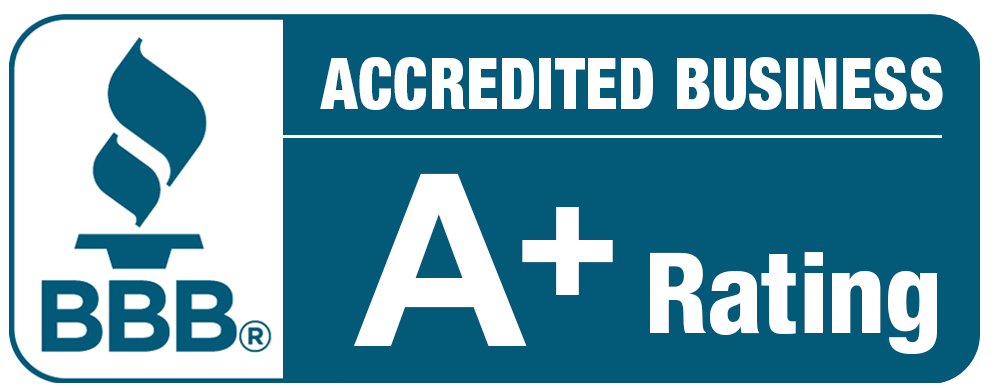Becoming a DIY Landlord? 12 Mistakes to Avoid
Key Takeaways
1. Price it Right: Setting the correct rental price is crucial—too high can scare off tenants, too low may not cover costs.
2. Maintenance is Key: Regular maintenance prevents costly repairs and preserves property value, keeping tenants satisfied.
3. Screen Tenants Thoroughly: Proper tenant screening helps avoid late payments, damage, and legal issues.
4. Understand the Law: Familiarize yourself with local landlord-tenant laws to avoid legal trouble and disputes.
If you’re thinking about investing in a rental property, you’ll probably find yourself in a dilemma: manage the property yourself or hire a property manager.
Most investors choose the first option. Becoming a DIY landlord will allow you to save plenty of money on management fees, which typically range from 8% to 12% of the monthly rental income.
Managing a property by yourself allows you to have direct control over all management aspects, such as setting rent prices, choosing tenants, and handling maintenance.
As a DIY landlord, you can also maximize profits by avoiding the additional expenses associated with a property manager’s services. With that said, managing a property by yourself can be incredibly challenging and time-consuming.
If you’re up for a challenge, becoming a DIY landlord might be right for you! To help you out, the team at AIM Real Estate Management has written this guide. Keep reading to learn the most common mistakes first-time DIY landlords make and how to avoid them!
The Most Common Mistakes DIY Landlords Make and How to Avoid Them
Becoming a DIY landlord is an exciting but challenging endeavor. While rental properties can be a great source of income, many first-time landlords make mistakes that can lead to financial losses, legal issues, and management headaches. Below are some of the most common mistakes new landlords make, along with tips to avoid them.
1. Charging Too Much or Too Little for Rent
Setting the wrong rental price can hurt your investment. Underpricing will result in lost revenue if your rental income isn’t enough to cover your operational expenses, while overpricing can drive away potential tenants, leading to prolonged vacancies.

Before listing your property for rent, take the time to research the local real estate market. By browsing listings for comparable properties in the area, you’ll be able to adjust your rates to ensure a competitive and profitable rental price.
2. Neglecting Maintenance and Repairs
Ignoring maintenance issues is never a good idea. It always leads to bigger, more expensive problems down the line. Poor maintenance may also make tenants feel neglected and become less responsible with the property.
On the contrary, regular maintenance preserves property value, keeps tenants satisfied, and prevents costly emergency repairs. Plus, keeping your property in good condition will significantly increase its value over time!
3. Failing to Market the Property Effectively
A poorly advertised rental will take longer to lease, leading to increased vacancies and potentially affecting your reputation as a landlord. The foundation of a successful rental marketing campaign is an attractive listing.
Make sure to use high-quality photos and write compelling descriptions. Additionally, posting your listing on multiple rental platforms will help you reach a wider audience and attract quality tenants more quickly.
4. Not Screening Tenants Properly
Tenant screening is one of the most crucial steps in the leasing process. Failing to conduct background checks, credit checks, and rental history reviews can make you rent your property to tenants who consistently pay rent late, damage the property, or violate the lease terms.
Thoroughly screening all applicants will help you minimize risks such as unpaid rent, eviction costs, and expensive repairs.

5. Not Having a Written Lease Agreement
Verbal agreements leave too much room for misunderstandings and are not legally enforceable. Drafting a solid lease agreement can help you prevent this and avoid disputes.
By outlining key information, such as rent due dates, maintenance responsibilities, pet policies, and other key terms, it’ll be easier to enforce the rules and protect your investment.
6. Ignoring Landlord-Tenant Laws
Failure to understand local and state rental laws can lead to serious legal trouble. From fair housing regulations to eviction procedures, landlords must comply with legal requirements to avoid lawsuits, fines, and tenant disputes. Make sure to take the time to familiarize yourself with your local landlord-tenant laws.
7. Failing to Request a Security Deposit
Not collecting a security deposit leaves you vulnerable to financial loss if tenants damage the property beyond wear and tear or fail to pay rent. A deposit serves as a financial net. It can also be a major cause of headaches and disputes.
Being clear about the terms and conditions for getting the full deposit back will help you avoid misunderstandings and disputes down the line.
8. Communicating Poorly With Tenants
Good communication fosters a more positive landlord-tenant relationship, which, in turn, leads to a smoother, stress-free tenancy. Ignoring tenant concerns or failing to respond to requests or inquiries promptly can lead to dissatisfaction, potentially increasing turnover.
Actively working to keep open lines of communication will prevent misunderstandings and make your job as a landlord much easier.

9. Not Conducting Regular Inspections
Skipping routine property inspections can allow minor issues to escalate into costly repairs. Regular checks help ensure tenants are following the lease terms, as well as identify potential maintenance needs before it’s too late.
10. Being Too Lenient With Late Payments
Allowing tenants to pay rent late without consequences sets a bad precedent. If it becomes a recurrent issue, it can negatively affect your cash flow. Establishing and enforcing a strict rent collection policy will help you secure a consistent cash flow and ensure financial stability.
11. Not Keeping Detailed Financial Records
Failing to track rental income and expenses can lead to financial mismanagement and tax issues. Keeping organized records simplifies tax filing, helps track profitability, and ensures compliance with legal requirements. It can also help you spot areas for improvement, which can help boost your bottom line.
12. Not Factoring in Vacancies
Many first-time landlords underestimate the impact of vacancies. You’re losing money every day your property sits empty, as you’ll still have to cover maintenance and marketing expenses. Setting aside funds for operational expenses during these times will help you prevent financial strain later on.
Bottom Line
Being a DIY landlord allows you to have more control over your investment, however, if you don’t have much experience managing rental properties, you can make costly mistakes. Avoiding these common mistakes is the difference between a failed venture and a successful rental investment.
If you aren’t certain about becoming a DIY landlord, you should seriously consider partnering with a property manager. If your property is located in Hilton Head Island, Parris Island, Port Royal, Bluffton, Beaufort, SC, or Savannah, GA, contact
AIM Real Estate Management!
